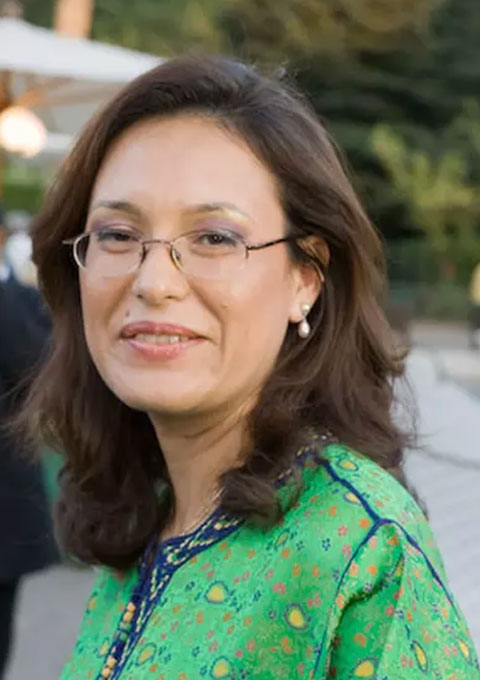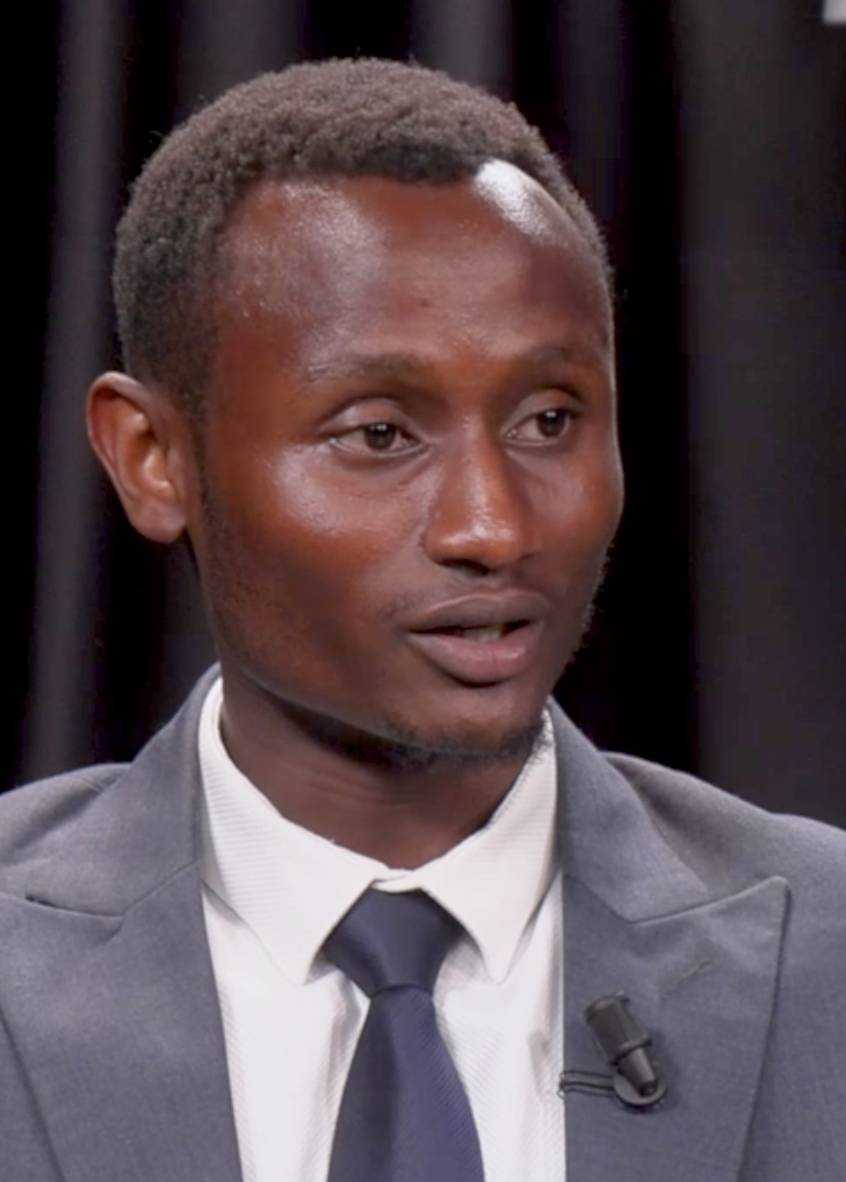Panel 2: Les Communautés Economiques Régionales : Quel apport à la résilience africaine dans un contexte de chocs multidimensionnels ?
Modérateur:
Abdelaaziz Aït Ali, Manager – Département d’économie, Policy Center for the New South
Nezha Alaoui M’hammdi, Senior Fellow, Policy Center for the New South
IGAD : Une communauté régionale à l’épreuve des chocs
Muhammed Ba, Enseignant-chercheur en économie, Université Gaston Berger
COMESA : Quelle relance économique post-Covid ?
Brian Kelly Nyaga, Chercheur associé, Anjarwalla & Khanna
SADEC: Post-Covid recovery in the South Africa Development Community
Discutant.e.s :
Azzedine Ghoufrane Professeur, Université Mohammed V
Hicham Hafid, Professeur – Chercheur, Institut Des Etudes Africaines
Discussion avec l’audience
Panel 3 : L’Intégration continentale Africaine face à de nouveaux défis
Idriss El Abbassi, Professeur, Laboratoire d’économie Appliquée, Université Mohammed V
Interventant.e.s:
Pierre Jacquemot, Maitre de conférence, Sciences-Po Paris
Les enjeux du financement de la relance économique à moyen terme en Afrique
Solomon Muqayi, Maitre de conférence, Université du Zimbabwe
The impact of the Covid-19 Pandemic on the Activities of the African Union Commission
Dennis Njau, Consultant, Palme Research & Training Consultants
Africa’s Post Covid Recovery at the continental level: Non-tariff Barriers
Fatima Ezzahra Mengoub, Economiste Senior, Policy Center for the New South
The Green transition in Africa-Europe relations: status and prospects
Discutant.e.s:
Philipp Schattenmann, Chef du Cluster Energie, Deutsche Gesellschaft für Internationale Zusammenarbeit
Mohammed Benayad, Ancien Secrétaire Générale du département du Commerce Extérieur
Discussion avec l’audience
Closing Remarks
Larabi Jaïdi, Senior Fellow Policy Center for the New South























